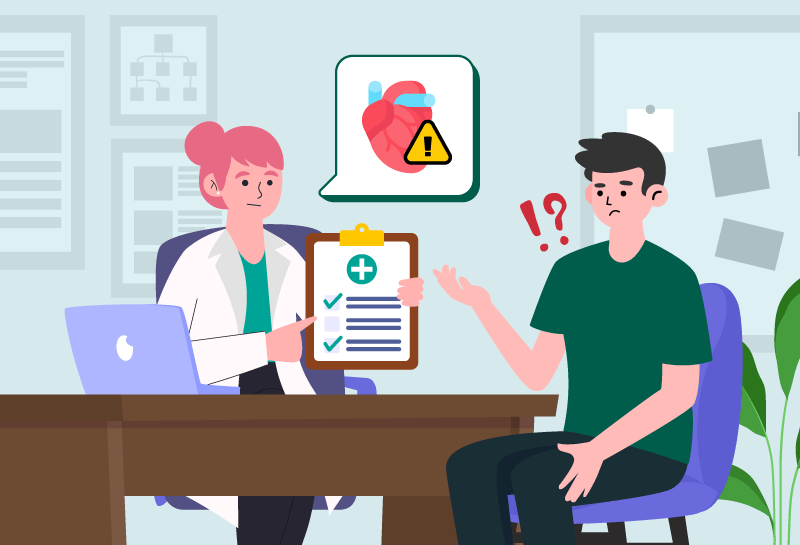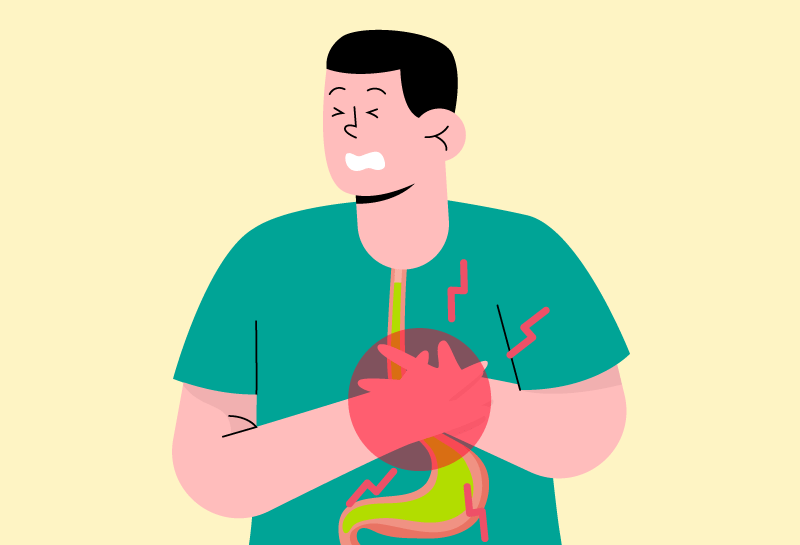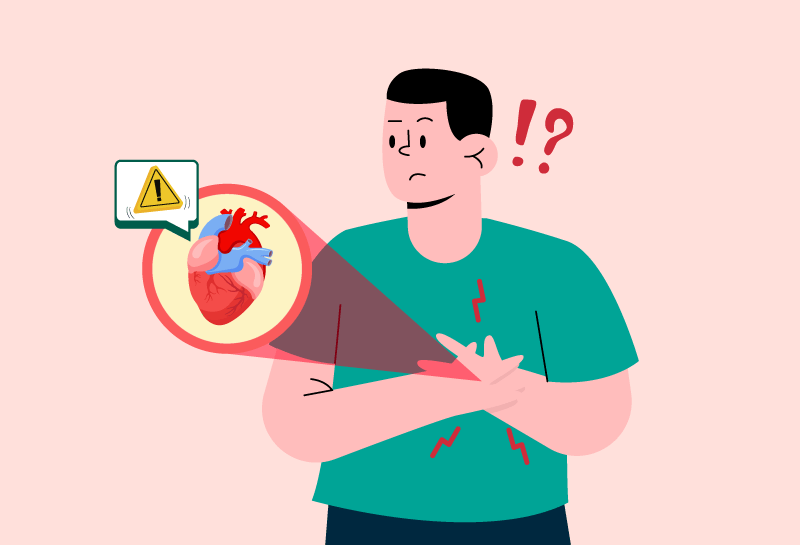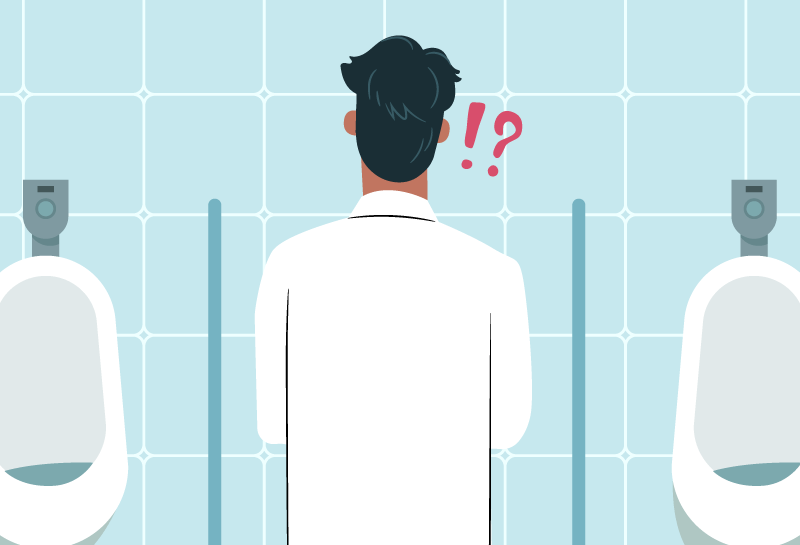Last updated on 14 March 2025.
Calcium is something most of us know about. We’re told to drink milk for strong bones, and we often hear about calcium in the context of healthy living. But what happens when there’s too much calcium in the body? That’s where hypercalcaemia comes into play—a condition that’s as serious as it sounds.
What is hypercalcaemia?
Hypercalcaemia occurs when the level of calcium in the blood becomes higher than normal. Calcium is a vital mineral that plays several important roles in the body, including strengthening bones and teeth, helping muscles contract, and enabling the nervous system to function properly. In healthy individuals, calcium levels are tightly regulated to ensure balance. However, in hypercalcaemia, this delicate system breaks down, leading to various potential health issues.
1
Most of the time, hypercalcaemia doesn’t happen for no reason. It’s often a symptom or a result of an underlying problem, such as an overactive parathyroid gland, certain types of cancer, or excessive intake of calcium supplements or vitamin D.

EXPERT INSIGHT
“Hypercalcaemia is a condition characterised by unusually high levels of calcium in the blood, typically above 10.5 mg/dL (2.6 mmol/L). Calcium is essential for nerve transmission, muscle contraction, and bone health, but excessive levels can damage organs, particularly the heart, muscles, kidneys, and nervous system,” explains Dr Liew.
The causes behind hypercalcaemia
Hypercalcaemia doesn't just happen overnight; it usually develops over time. The most common cause is an overactive parathyroid gland, a tiny gland located near the thyroid. When these glands produce too much parathyroid hormone (PTH), it causes the bones to release more calcium into the bloodstream than normal, raising calcium levels. This condition, known as primary hyperparathyroidism, accounts for most of hypercalcaemia cases.
2
Another cause is cancer, particularly cancers that spread to the bones, like breast cancer or lung cancer. When these cancers invade the bone, they disrupt the normal processes that regulate calcium levels, causing calcium to be released into the blood.
Other causes include excessive use of calcium or vitamin D supplements, dehydration, and certain medications. The impact of excessive vitamin D or calcium is especially seen when people take large doses for prolonged periods, not fully aware of the risks involved.

DID YOU KNOW?
Hypercalcaemia is sometimes called "the great imitator" because its symptoms can mimic many other conditions, including dehydration, depression, and even viral infections like the flu.
Recognising the symptoms
The effects of hypercalcaemia can be subtle at first, which is why the condition often goes unnoticed. Early symptoms might include fatigue, nausea, or constipation. Over time, however, the symptoms may become more severe, such as confusion, bone pain, frequent urination, and even kidney stones.
In severe cases, hypercalcaemia can lead to life-threatening conditions, such as heart arrhythmias or coma. This is why it’s important to get diagnosed early.

DID YOU KNOW?
People with hypercalcaemia often experience symptoms such as kidney stones, which are formed when calcium deposits accumulate in the kidneys.
How is hypercalcaemia diagnosed?
Diagnosing hypercalcaemia begins with a simple blood test. If calcium levels are found to be elevated, doctors will run additional tests to pinpoint the underlying cause. These tests may include checking the levels of parathyroid hormone (PTH), calcium in the urine, and assessing the function of the kidneys and bones.
3

EXPERT INSIGHT
Accordingly to Dr Liew, hypercalcaemia is often discovered incidentally during routine blood tests and may not cause symptoms unless calcium levels are significantly elevated. When symptoms do occur, they can include frequent urination, excessive thirst, constipation, muscle weakness, nausea, fatigue, anorexia, confusion, and neuropsychiatric effects. Healthcare providers should consider testing calcium levels if hypercalcaemia is suspected based on these symptoms.
Routine blood testing is vital for detecting hypercalcaemia, as mild cases may be overlooked, especially when symptoms are vague or absent. Even mild, persistent hypercalcaemia requires investigation to determine its cause, which could range from benign conditions like hyperparathyroidism to more serious issues, such as malignancy. Early diagnosis is crucial to prevent long-term complications like osteoporosis, bone fractures, and kidney stones.
Imaging tests, such as ultrasounds or CT scans, are often used to detect conditions like kidney stones or the spread of cancer to the bones. Once a diagnosis is confirmed, treatment options are tailored to the specific cause of hypercalcaemia.

DID YOU KNOW?
While calcium is crucial for your health, it’s possible to get too much. Hypercalcaemia is a good reminder that moderation is key when it comes to supplements.
Bringing calcium back to normal
The treatment for hypercalcaemia depends largely on the cause. If the issue is related to the parathyroid glands, surgery to remove the overactive gland may be required. For cancer-related hypercalcaemia, treating the cancer itself will often help to manage the calcium levels.

EXPERT INSIGHT
Dr Liew shares that treatment for hypercalcaemia depends on its cause. In malignancy-related hypercalcaemia, medications like denosumab and bisphosphonates, such as zoledronic acid, can help manage calcium levels. Denosumab inhibits RANKL, reducing bone resorption. Cinacalcet, a calcimimetic, is used for secondary hyperparathyroidism in kidney failure and to reduce parathyroid hormone release, lowering calcium levels. Effective treatment relies on accurate diagnosis and targeted management.
The importance of awareness
Hypercalcaemia may seem like a rare condition, but its prevalence is growing, especially as more people are diagnosed with diseases like osteoporosis or cancer. By understanding the causes, symptoms, and treatments, we can help spot it early, ensuring better outcomes for people who might otherwise be unaware of the risks.

EXPERT TIP
Preventing hypercalcaemia depends on its underlying cause. Conditions like hyperparathyroidism and malignancy require medical management. If the condition is medication-induced, such as from thiazide diuretics or excessive calcium and vitamin D supplements, patients may need to stop the offending drugs under their doctor's guidance. Increased hydration can help promote calcium excretion but should be monitored by a healthcare provider.
The best prevention is awareness. If you notice symptoms like unexplained fatigue, frequent thirst, or stomach issues, consider getting a check-up. With early detection and treatment, it’s possible to overcome the challenges of hypercalcaemia—and to live a healthier, more informed life.

EXPERT INSIGHT
Dr Liew stresses that public awareness of the connection between hypercalcaemia and certain endocrine or cancer-related disorders is key to encouraging early detection. Many are unaware of the serious consequences of untreated hypercalcaemia, which can lead to complications like osteoporosis and kidney stones. Raising awareness will help individuals seek medical advice when experiencing vague symptoms, leading to better outcomes.
This article has been written by Healthful For You and does not represent the opinions, views, or endorsements of the Expert Contributor of this article. The Expert Contributor has solely provided expert insights and tips for informational purposes. Any interpretations, conclusions, or statements beyond these contributions are those of the author and do not reflect the views of the expert contributor. This content is intended for informational purposes only and should not be considered as medical, legal, or professional advice.
References
- Walker MD, Shane E. Hypercalcemia: A Review. JAMA. 2022;328(16):1624-1636.
- Madkhali T, Alhefdhi A, Chen H, Elfenbein D. Primary hyperparathyroidism. Ulus Cerrahi Derg. 2016;32(1):58-66.
- Goltzman D. Approach to Hypercalcemia. [Updated 2023 Apr 17]. In: Feingold KR, Anawalt B, Blackman MR, et al., editors. Endotext [Internet]. South Dartmouth (MA): MDText.com, Inc.; 2000-.



 Copied
Copied












 15 mins read
15 mins read 





